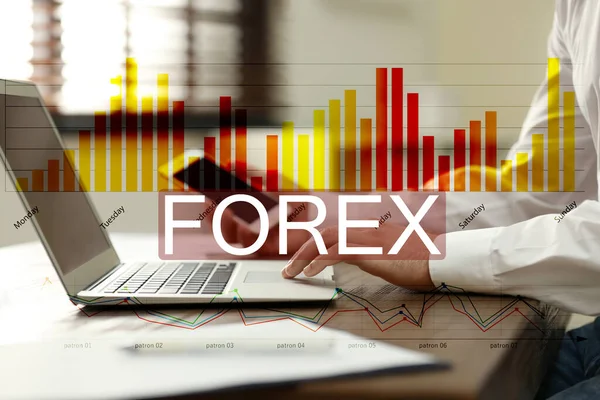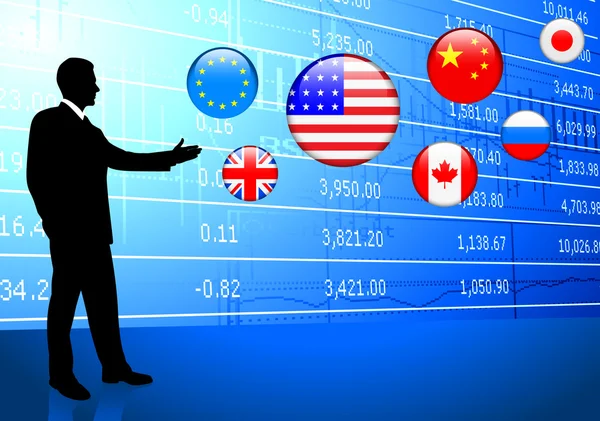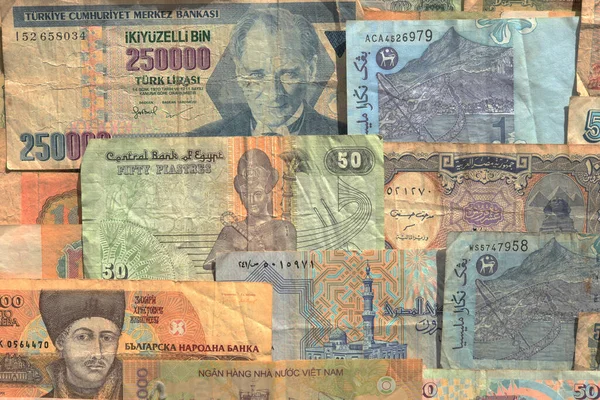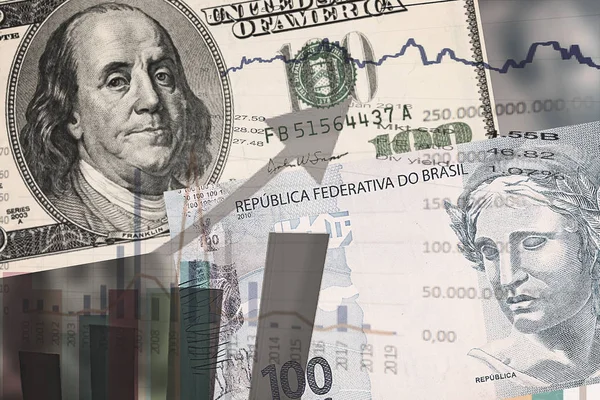The Forex market, also known as the foreign exchange market, is the largest and most liquid financial market in the world. Trillions of dollars are traded on a daily basis across different currencies, making it a highly dynamic and fast-paced market. Understanding what drives the movements in the Forex market is crucial for traders and investors looking to make informed decisions. In this article, we will delve into the key factors that influence the Forex market and shape currency values.
Economic Indicators: Key Drivers of Forex Movement

Economic indicators play a significant role in driving movements in the Forex market. These indicators provide valuable insights into the health of a country’s economy and can impact the value of its currency. Key economic indicators that traders closely monitor include GDP growth, inflation rates, unemployment figures, and consumer spending. Positive economic data typically leads to appreciation in a country’s currency, while negative data can cause depreciation.
Political Events: Impact on Currency Values

Political events can have a profound impact on currency values in the Forex market. Elections, geopolitical tensions, and policy decisions can all influence investor sentiment and lead to fluctuations in currency prices. For example, a change in government leadership or a shift in economic policies can cause uncertainty among investors, leading to volatility in the currency markets. Traders need to stay informed about political developments to anticipate potential market movements.
Market Sentiment: How Emotions Influence Trading

Market sentiment plays a crucial role in determining the direction of the Forex market. Emotions such as fear, greed, and optimism can drive trading decisions and impact currency prices. Traders often use sentiment analysis tools to gauge the mood of the market and make informed decisions. Sentiment can shift quickly based on news events or economic data releases, leading to sudden movements in currency pairs.
Central Bank Policies: Shaping Forex Trends

Central bank policies have a significant influence on Forex trends. Central banks have the power to adjust interest rates, implement monetary policy measures, and intervene in the currency markets to stabilize their economies. Traders closely monitor central bank announcements and policy statements for clues about future monetary policy decisions. Changes in interest rates or policy outlooks can lead to sharp movements in currency pairs.
Technical Analysis: Tools for Predicting Market Moves

Technical analysis is a popular tool used by Forex traders to predict market moves. Traders analyze historical price data, chart patterns, and technical indicators to identify potential entry and exit points for trades. Common technical analysis tools include moving averages, support and resistance levels, and Fibonacci retracement levels. By studying past price movements, traders can make informed decisions about future market movements.
Comparison Table: Economic vs. Political Factors
| Economic Factors | Political Factors |
|---|---|
| GDP growth | Elections |
| Inflation rates | Geopolitical tensions |
| Unemployment figures | Policy decisions |
| Consumer spending | Government leadership changes |
===
In conclusion, the Forex market is influenced by a combination of economic, political, and psychological factors. Traders and investors must stay informed about these key drivers to navigate the complexities of the Forex market successfully. By understanding what moves the Forex market, traders can make more informed decisions and improve their chances of success in this dynamic and ever-changing market.





I’m starting to see why staying updated with global news is so crucial for Forex traders, it’s all interlinked with economics and politics.
Great article! Would love more detail on how exactly traders use sentiment analysis tools to measure market mood though.
‘Market Sentiment’ sounds like something very subjective, yet it’s surprising how it quantifiably influences currency prices.
Really helpful breakdown of the Forex market factors. I had no idea how much political events could affect currency values.
‘Understanding what moves the Forex market’ – That line sums up the entire article well. Knowledge is indeed power in trading!
The comparison table between economic and political factors was a neat touch! Visual aids like that make complex information much easier to digest.
The part about market sentiment influencing trading was an eye-opener for me. Emotions really do play a big role in the financial markets.
This article clarified a lot about central bank policies for me. I didn’t realize their decisions could cause such immediate impacts on Forex trends.
A solid overview of economic indicators and their effects on currency valuation. It’s a good starting point for anyone new to Forex trading.
Appreciate the insights on technical analysis. It’s fascinating how old data can help predict future movements in Forex.